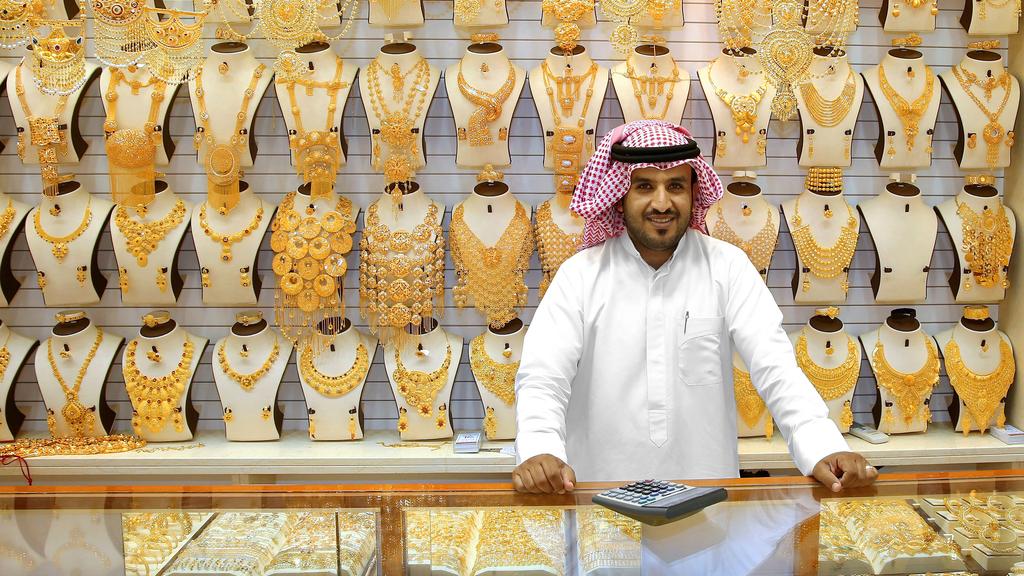Retail Innovation
Dubai’s Non-oil Foreign Trade Reaches Dh1.3tn, Gold was Second-Biggest Foreign Trade Item in 2018

Dubai’s non-oil foreign trade in 2018 reached Dh1.3 trillion despite challenges facing global trade and economic growth and foreign exchange volatility, official data showed.
Re-exports grew 12 per cent to Dh402 billion in 2018 from a year earlier, while imports fell 3.5 per cent to Dh770bn, and exports declined 11.8 per cent to Dh127bn, according to the latest Dubai customs statistics quoted in a Dubai Media Office statement on Sunday.
China retained its spot as the biggest trade partner for Dubai, with Dh139bn, followed by India with Dh116bn and the US with Dh81bn. Saudi Arabia came in fourth with Dh55bn, followed by Switzerland with Dh49bn.
Dubai, and the UAE as a whole, are undertaking a series of measures to boost the non-oil economy. These initiatives include lowering the cost of doing business, granting long-term visas, offering foreign ownership in companies outside free zones and waiving of corporate fines in Dubai and Abu Dhabi.
“We are currently developing a virtual commercial zone, the first of its kind in the region, which will allow investors to open bank accounts and grant e-residencies according to the highest standards of international laws and regulations,” said Sheikh Hamdan bin Mohammed, the Crown Prince of Dubai, in the Dubai Media Office statement.
Smartphones were the single biggest foreign trade item in 2018, accounting for Dh150bn of total trade figures, followed by gold at Dh146bn, jewellery at Dh106bn and diamonds at Dh94bn.
The fifth big item was cars with Dh65bn.
The majority of trade was conducted via air, growing 3.2 per cent to Dh612bn and trade by sea rose 3.4 per cent to Dh483bn.
The crown prince approved earlier this month the Dubai Silk Road Strategy – named after the ancient network of trade routes connecting the East and West – which will develop the emirate’s logistics sector as part of plans to diversify the economy away from oil.
The Dubai Silk Road strategy, prepared by the Ports, Customs and Free Zone Corporation in collaboration with other government entities, takes a two-pronged approach.
Internally, the strategy aims to enhance trade between free zones and the rest of the emirates. And externally, it aims to improve operational connection of logistics services between DP World terminals worldwide with Emirates airline playing a key role.
Courtesy: The National


















You must be logged in to post a comment Login